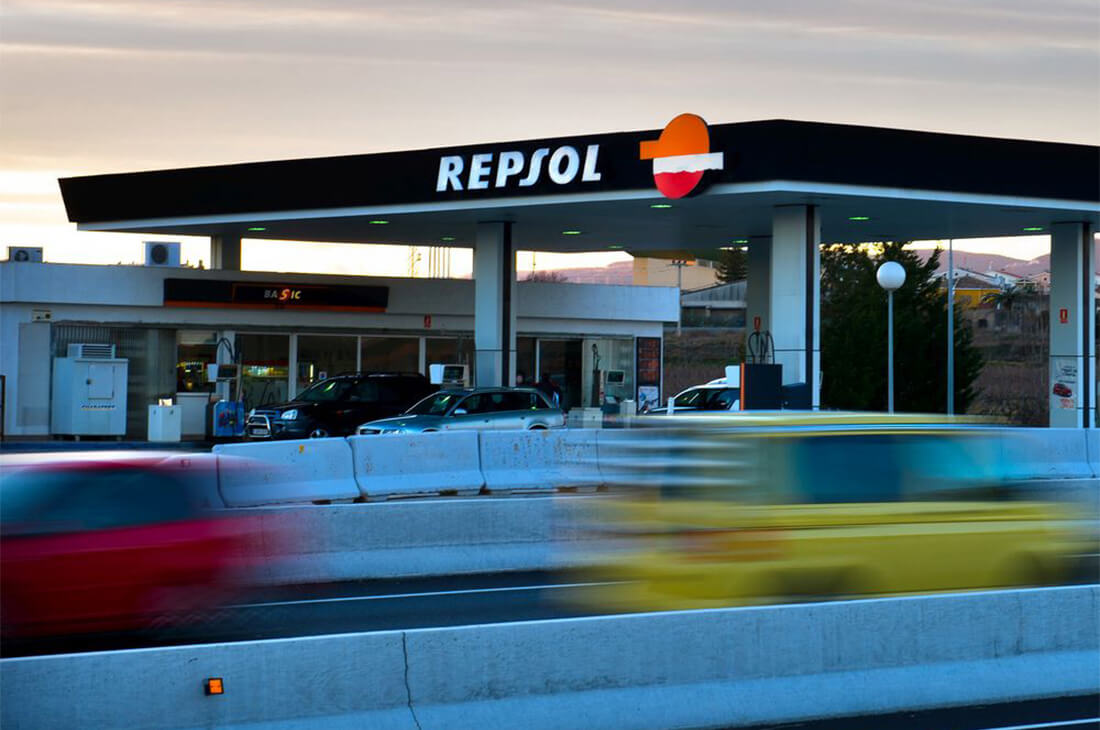The oil and petroleum industry is one of the biggest sectors in the world. It is a global powerhouse that generates hundreds of billions of dollars globally each year. Unfortunately, this commodity giant has a huge environmental impact, as it contributes greatly to water and air pollution. In short, the oil and gas industry have either directly through emissions or indirectly through denial – played a major part in climate change. The industry is the largest industrial source of emissions of volatile organic compounds, and the petrochemical industry produces ground-level ozone pollution. Also, some petroleum industry operations have been responsible for water pollution via the by-products of oil spills.
Some oil and gas companies have already started working on reducing greenhouse emissions. However, the only reason they have started working on this type of eco-projects is pressure from investors. It is also worth mentioning that more than 50% of oil and gas companies take climate change into account when it comes to business decisions. They have strategies on how to reduce emissions based on the information provided by the Transition Pathway Initiative. The activities of oil and gas companies release greenhouse gases directly into the atmosphere. Nevertheless, investors should apply more pressure on companies to reduce greenhouse emissions.
Green transformation path: full of difficulties and challenges
The path to green and eco-friendly transformation is full of obstacles. As an example, we can discuss the fact that refineries emit gases where they burn fuel. Another factor is the combustion of the products they sell to clients when companies buy electricity from them to run their facilities.
It is important to note that Shell, Total, and Repsol have achieved better results than others. They are the only integrated oil companies that have decided to take into account three emissions in reducing their costs. The three companies, along with Norway’s Equinor, are industry leaders when it comes to transitioning to renewable energy generation. Moreover, those investments represent the most effective way to reduce emissions following, done by producing more natural gas.













